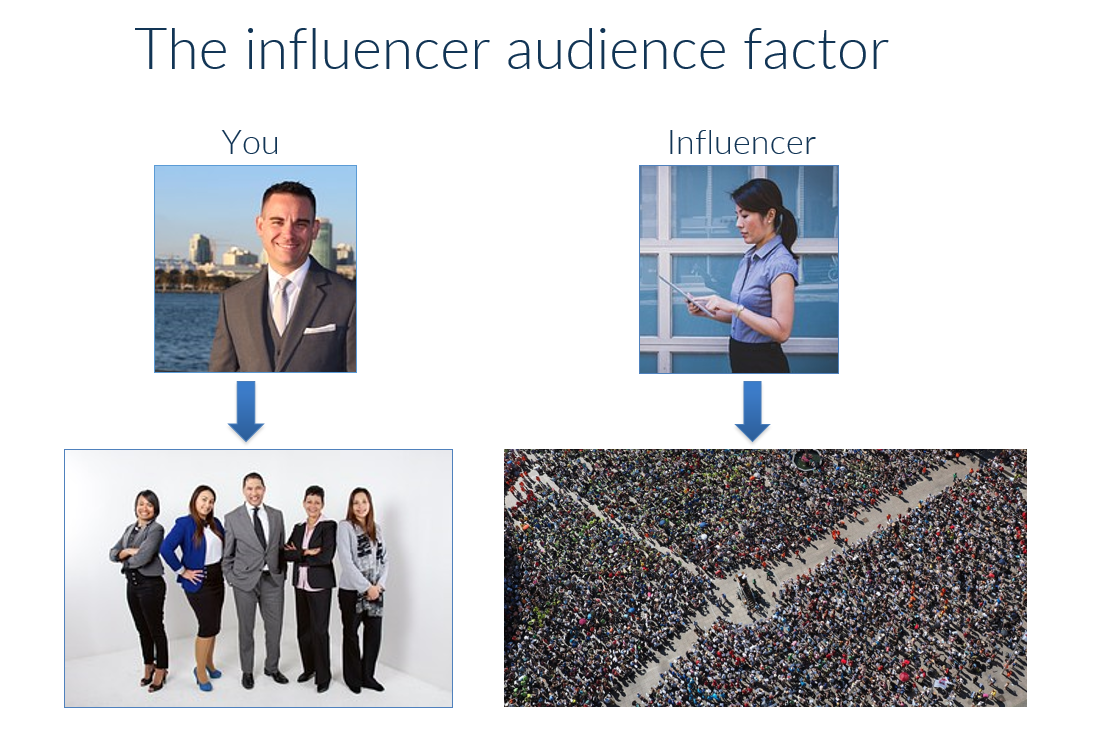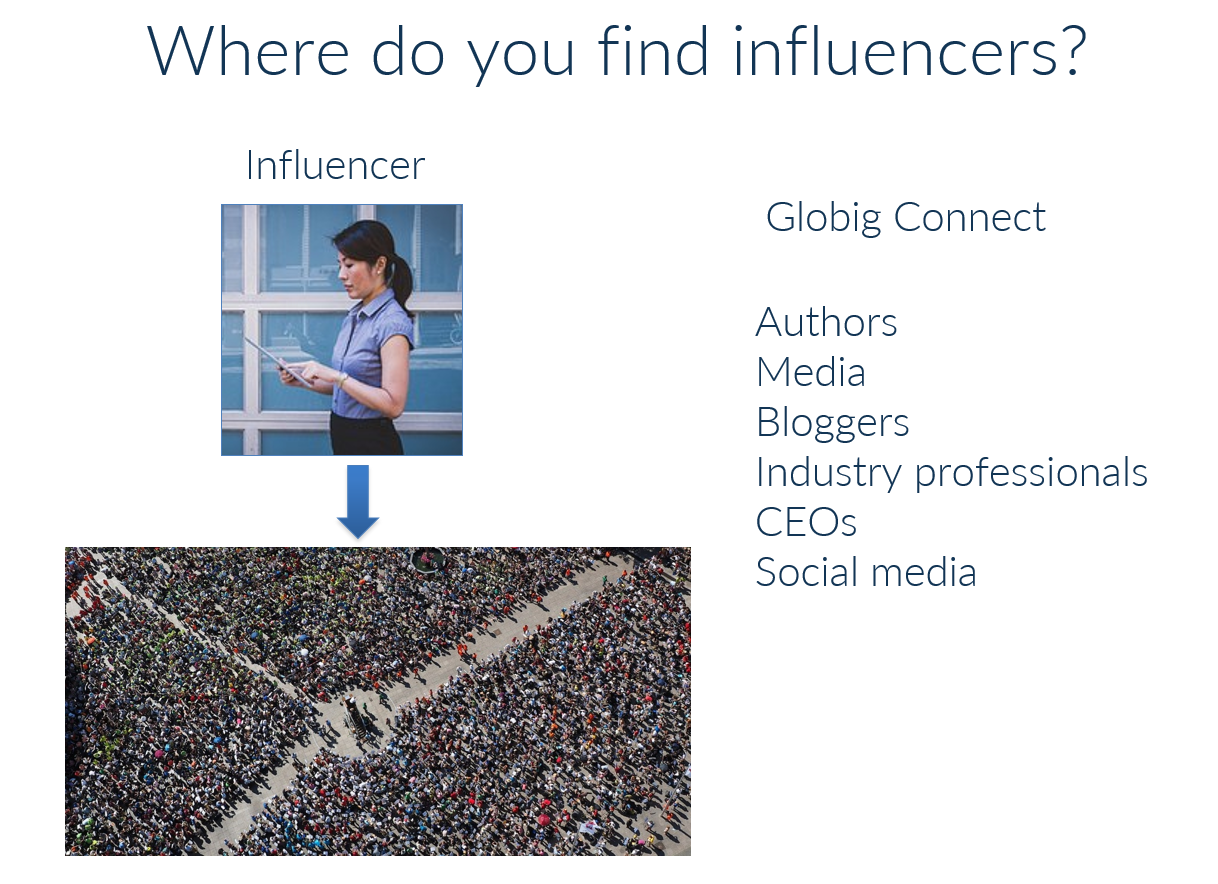
KNOWLEDGE BASE Influencer Marketing in the UK
The information on this page was current at the time it was published. Regulations, trends, statistics, and other information are constantly changing. While we strive to update our Knowledge Base, we strongly suggest you use these pages as a general guide and be sure to verify any regulations, statistics, guidelines, or other information that are important to your efforts.
Brexit Update:
Since the UK officially left the European Union on January 31, 2020, the relationship between the two has evolved and continues to be shaped by the ongoing implementation of the withdrawal agreement.
Key Dates:
-
January 31, 2020: UK officially left the EU and entered a transition period that ended on December 31, 2020.
-
December 31, 2020: The transition period ended, and the UK fully exited the EU single market and customs union.
-
January 1, 2021: The UK-EU Trade and Cooperation Agreement came into effect, outlining the post-Brexit relationship between the two entities.
-
2023/2024 Current: The UK and EU are still navigating the ongoing implementation and potential revisions of their post-Brexit relationship.
It's crucial for businesses operating in either the UK or the EU to stay informed about the latest developments and adjust their operations accordingly.
Influencer Marketing in the UK
There has been a lot written and discussed around influencer marketing and it’s probably one of the most important marketing strategies to engage, especially when going into new markets such as the United Kingdom on a limited budget. Spend time locating and reaching out to the key influencers in the UK who can help you succeed.
What is an influencer?
Influencers are people that others pay attention to within an industry, social circle, entertainment, or other target group of people. They typically have access to a network of people such as on social media, mass media, digital media, universities, trade and consumer conferences, and events. Often these influencers are well known within an industry or social group. Influencers can mention, use, recommend and critique products and services within their vast influencer networks, and their influence can help promote and advocate for a brand, as well as hurt brands. Especially powerful influencers that are really on-target can drive people to act on things such as purchasing a product, not just make others aware of a product.
Every market and group of people has influencers and the UK is no different. You can find them in the UK influencing makeup and fashion, design, sports, travel, food, music, architecture, and of course, tech and digital. A simple search for UK influencers online will return not only lists of the influencers themselves, but a myriad of agencies who are standing by to assist you in taking advantage of influencer marketing strategies.
And keep in mind that there are global influencers who can also have an impact on the UK market, even when not based there themselves. With so many influencers out there, your job is to find the right ones for your industry, geographic area, and target audience.
What is influencer marketing?
Influencer marketing is unique in that you develop a strategy to market directly to influencers that you’ve identified in relevant prospect groups instead of to the markets themselves, with the goal of having the influencer market your brand to their audiences. It’s similar to “Word of Mouth” marketing except that it’s specifically targeted to people of influence. Influencer marketing is primarily accomplished through digital and social media, and at times events.
Why does influencer marketing work?
As consumers, we naturally trust the opinions and recommendations from people we have a relationship with more than we trust brands. Influencers have worked hard on developing trust with their audiences and this loyalty then allows them to introduce people to new ideas, products, and services that they think are interesting.
The network effect of an influencer connecting with their audience as well as their audience's friends and family members is powerful.
Another reason influencer marketing works is that most people have become blind to traditional advertising, as they are bombarded with marketing messages and commercials every day and in every medium. Because people choose to pay attention to influencers, they are then open to being exposed to brands in an indirect way.
Synergies between influencer marketing and inbound marketing
Another very important modern marketing approach is “Inbound Marketing”. This is the strategy of creating content such as articles, webinars, podcasts, videos, infographics, and other desirable content that can be downloaded and viewed from your website. In order to gain access to the content, people are asked to provide their email address and at times some information about themselves. Distributing and promoting that desirable inbound marketing content via influencers with a much larger audience than yours will magnify the contacts you get from your content alone.
Determining who your influencers are
When looking to identify influencers in the UK, the place to start is to identify your target customers and people you would like to influence. What types of media do they pay attention to? What blogs do they read? Which Instagram and X (formerly X) influencers do they follow?
Relevance - Relevant context is everything. Even though someone is influential, that doesn’t mean that they will influence the people you want to influence. A lot of celebrities have large audiences but they may not be a great fit for a B2B software company looking to reach businesses that will test their software.
Reach - Not only does relevance of the audience matter, the size of an audience also matters. Larger influencers typically have very structured ways such as tiered advertising and paid sponsorship to allow access to their audiences. They may also not be the most influential of influencers because their audience size doesn’t allow them to develop a deep relationship with their followers. Sometimes the smaller and mid-sized influencers have the best relationships with their audiences and are more flexible in testing out products, promoting your brand, and often have a variety of different pricing options.
You will want to keep in mind when working with influencers in the UK that they are very selective in which brands they will promote and that you don’t have control over what an influencer will say about you.
Defining your influencer strategy for the UK
As with everything in marketing, being intentional and strategic in identifying and planning to connect with influencers is the best approach.
Don’t put all UK influencers into one bucket. Separate them by the following and develop a strategy for reaching each group:
-
Influencer type such as bloggers, Facebook influencer, Instagram influencer, X influencer, different social groups, and market types
-
Topic of interest and what they talk about such as technology, food, parenting, etc.
-
Size of audience such as larger professional bloggers, smaller non-professional bloggers, customer prospects, etc.
-
Priority such as audience size, openness to working together, cost to access audience, relevance, context, and level of influence
-
Look for geographic diversity in the audiences that follow them to ensure that you have appropriately wide geographic coverage
Where to find influencers in the UK
There are several ways to find influencers. All of them are helpful in narrowing down tp the right ones to help you reach your target markets.
Google Alerts
By setting up alerts for the different topics relevant for you, you can monitor the bloggers that write about the topics as well as social media influencers that discuss those same topics.
Blog searching ‘Best-of’s, Top 10’s’
Searching for reviews of the top blogs by country is a great way to get a list of possible blog contenders. Descriptive searches such as the best fashion blogs in the UK and the top software blogs in the UK will help you get started. Once you have a couple of blogs you like, you can then search using comparison sites such as SimilarSites to find other blogs in the same genre.
Social media influencer tools
To identify social media influencers in the UK, there are several excellent free tools available to use such as Followerwonk.com by Moz, BuzzSumo.com, and .Kred. These allow you to search primarily X, but also other social sites to identify top influencers by keywords.
Social media monitoring tools
There are many free social media monitoring tools which allow you to monitor conversations and topics of interest within different social sites. Each tool has its unique pro’s and con’s. Some of the more popular tools are SocialMention.com, Hootsuite, and so many more. A great way to monitor social conversations is by relevant #hashtags since those are very focused on topics of conversations.
In your own niche, there are likely many people who are influencing through what they write, what they endorse, products they promote, and services they use themselves. Take some time to find them and zero in on the ones you deem are a good fit.
Reaching out to influencers in the UK
It’s very important to remember that influencers are very busy and are probably being approached all of the time by people who would like them to endorse or support their product or service. Your mission is to create value in the relationship and demonstrate why what you have to offer will help them, and that what you are selling is unique and worth someone’s money and time.
Some of the ways you can engage with influencers are to appreciate and reward them by following them, commenting on their blog posts, discussing topics in forums and communities, commenting on Facebook posts, re-tweeting their tweets, giving them shout outs on your own social media, and quoting them in articles you write. Ultimately, the "better" platform depends on your specific goals and target audience. If you're looking for general reach, Facebook and X might be better choices. But if you're targeting professionals, LinkedIn would be more relevant. Similarly, Snapchat and Instagram cater to specific demographics and content styles.
You can send influencers, especially bloggers, samples to try and free product as well as interesting content to share with their audiences. Free product does not guarantee the influencer will use or talk about your product, but it’s often an effective strategy. You can also offer to give away or discount a set amount of product to their audience as a part of a contest or game.
For some influencers, you can ask if you can compensate them financially. The British frown upon bribery, but there are direct and respectful ways of asking if you can help them with some of their expenses as a thank you. For very targeted influencers that are interested in your product, perhaps there is some sort of revenue share or commission relationship that makes sense.
The key to a strong influencer marketing strategy is to consider a variety of the tactics mentioned throughout this page to see which work best for you. Influencer marketing is a great companion to your other marketing efforts as they will support each other.
KNOWLEDGE BASE Influencer Marketing in the UK



